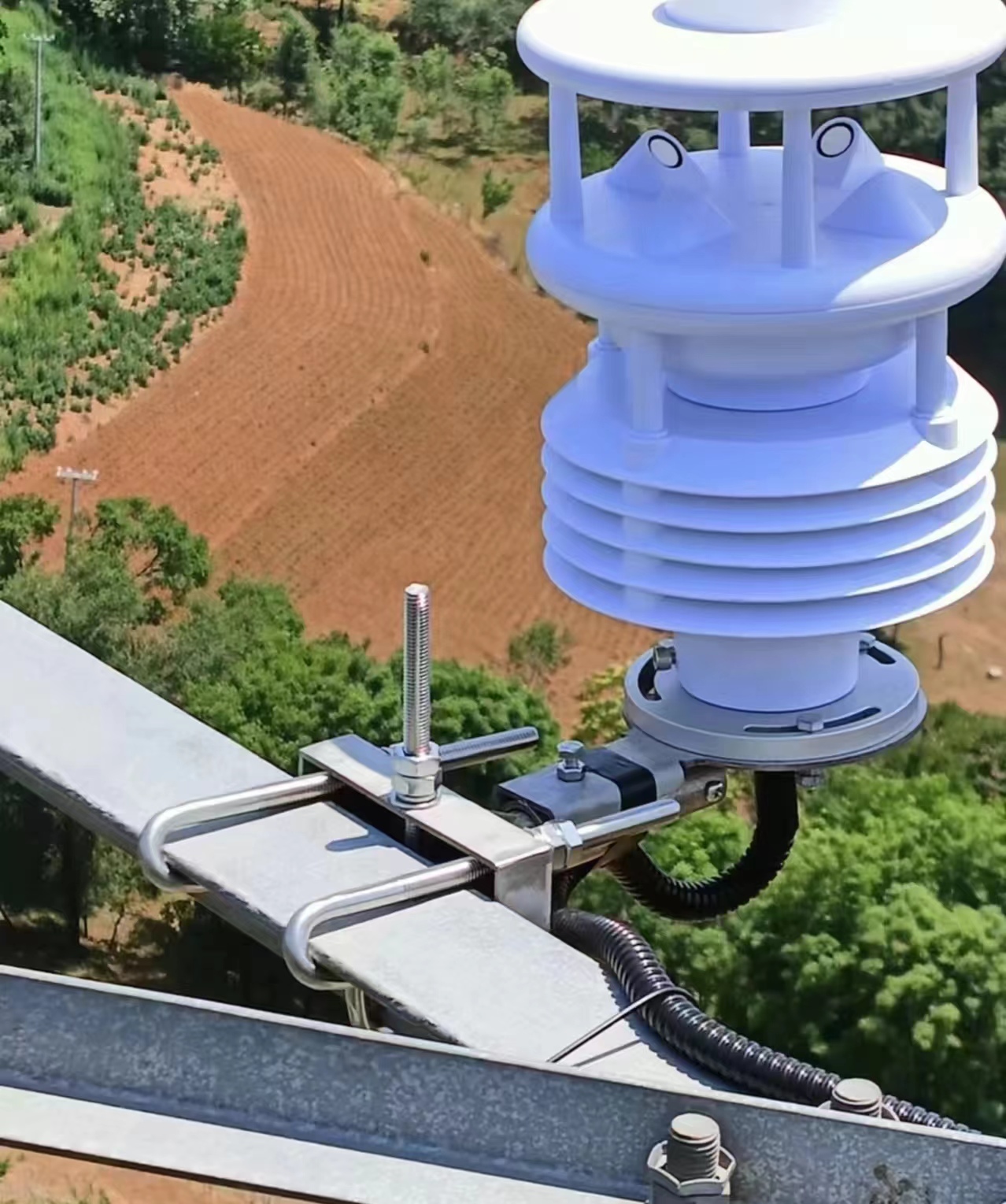Aby wzmocnić odporność na zmiany klimatu i klęski żywiołowe, rząd Indonezji ogłosił niedawno ogólnokrajowy program instalacji stacji meteorologicznych. Plan ten ma na celu zwiększenie zasięgu i dokładności monitoringu pogody poprzez budowę sieci nowych stacji meteorologicznych w całym kraju, co pozwoli lepiej służyć różnym sektorom, w tym rolnictwu, lotnictwu, transportowi morskiemu i zarządzaniu kryzysowemu.
1. Tło i cele projektu
Indonezja, położona w regionie tropikalnym, jest narażona na różnorodne skutki zmian klimatu, w tym burze tropikalne, powodzie i susze. W ostatnich latach zmiany klimatu nasiliły występowanie ekstremalnych zjawisk pogodowych, a rząd zdaje sobie sprawę z potrzeby wzmocnienia możliwości monitorowania meteorologicznego w celu zwiększenia dokładności prognoz i szybkości reagowania. Projekt ma na celu nie tylko poprawę możliwości nadzoru, ale także zapewnienie wiarygodnego wsparcia w postaci danych, które pomogą w opracowaniu skuteczniejszych strategii reagowania.
2. Budowa i technologia nowych stacji meteorologicznych
Zgodnie z planem, Indonezja utworzy ponad 100 nowych stacji meteorologicznych w strategicznych lokalizacjach w całym kraju. Stacje te zostaną wyposażone w najnowocześniejszy sprzęt do monitoringu meteorologicznego, w tym precyzyjne czujniki temperatury, wilgotności, prędkości wiatru i opadów, zapewniające dostęp w czasie rzeczywistym do wszelkiego rodzaju danych meteorologicznych. Ponadto, nowa stacja meteorologiczna będzie wykorzystywać zaawansowaną technologię transmisji danych, umożliwiającą transmisję i analizę danych w czasie rzeczywistym, co pozwoli na szybką aktualizację i udostępnianie informacji.
3. Korzyści ekologiczne i społeczne
Budowa stacji meteorologicznej nie tylko zwiększy możliwości monitoringu meteorologicznego, ale będzie miała również dalekosiężny wpływ na ochronę środowiska i rozwój społeczny. Dane meteorologiczne dostarczą rolnikom cennych informacji klimatycznych, które pomogą im w opracowywaniu bardziej naukowych planów zasiewów oraz poprawie plonów i ich jakości. Ponadto, dokładne prognozy pogody usprawnią system wczesnego ostrzegania w przypadku wystąpienia klęsk żywiołowych, zmniejszając potencjalne straty gospodarcze i liczbę ofiar.
4. Wsparcie rządowe i międzynarodowe
Rząd Indonezji przywiązuje dużą wagę do tego projektu i planuje współpracę z międzynarodowymi organizacjami meteorologicznymi, instytucjami naukowo-badawczymi i krajami partnerskimi, aby zapewnić sprawny przebieg prac budowlanych. Eksperci wezmą udział w szkoleniu personelu meteorologicznego, aby poprawić jego umiejętności w zakresie analizy i wykorzystania danych meteorologicznych.
5. Pozytywna reakcja ze wszystkich sektorów społeczeństwa
Po ogłoszeniu, wszystkie środowiska w Indonezji i za granicą zareagowały entuzjastycznie. Meteorolodzy, organizacje ekologiczne i stowarzyszenia rolników wyraziły swoje poparcie i oczekiwania wobec planowanej instalacji stacji meteorologicznych. Wierzą, że znacząco zwiększy to potencjał i pewność Indonezji w walce ze zmianami klimatu, zapewni bezpieczeństwo żywnościowe oraz ochroni życie i mienie ludzi.
Wniosek
W obliczu rosnącego wpływu globalnych zmian klimatu, inwestycja rządu Indonezji w projekt stacji meteorologicznej świadczy o determinacji i zaangażowaniu kraju w walkę z wyzwaniami klimatycznymi. Oczekuje się, że nowe stacje meteorologiczne w przyszłości zapewnią społeczeństwu dokładniejsze dane pogodowe, przyczynią się do realizacji celów zrównoważonego rozwoju kraju oraz zapewnią bezpieczniejszą i bardziej dostatnią przyszłość.
Czas publikacji: 02-01-2025


